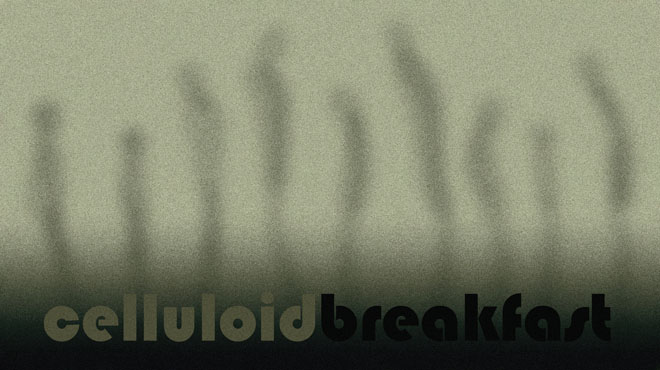A film that simultaneously invites and defies analysis, Limite remained for the longest time an unseen curio, even considered lost at one point, but has enjoyed a healthy renaissance thanks to plaudits from the likes of Orson Welles and Sergei Eisenstein. It has been voted “best Brazilian film of all time” on several occasions, and it’s easy to see why. Peixoto appears to have recognised the immense potential of the moving image as an art form in its own right, reflected in the fact he felt confident enough to convey a story without intertitles. The result is a soulful bricolage of personal histories, creating a blueprint of all the potential futures. Impeccably shot and scored, Limite sidesteps the boisterous giddiness of many contemporary experimental films, resembling a wordless version of Tarkovsky’s Mirror.






No comments:
Post a Comment